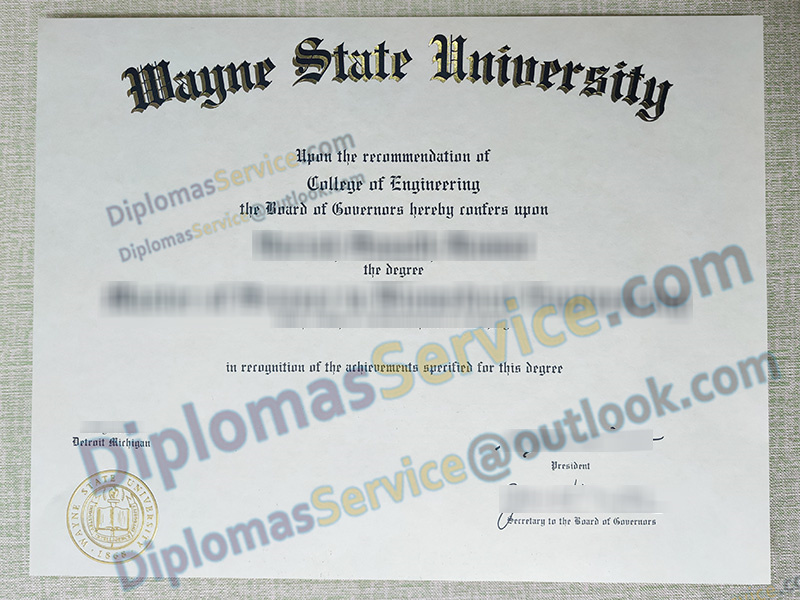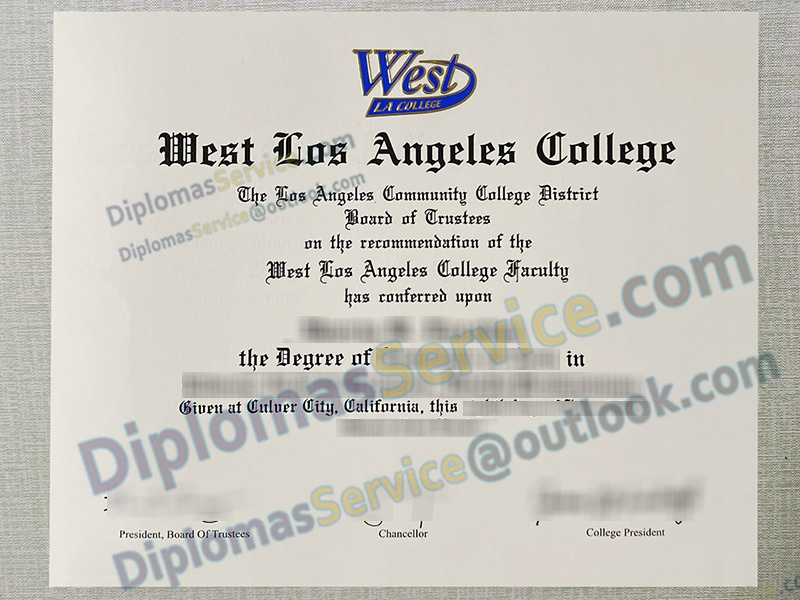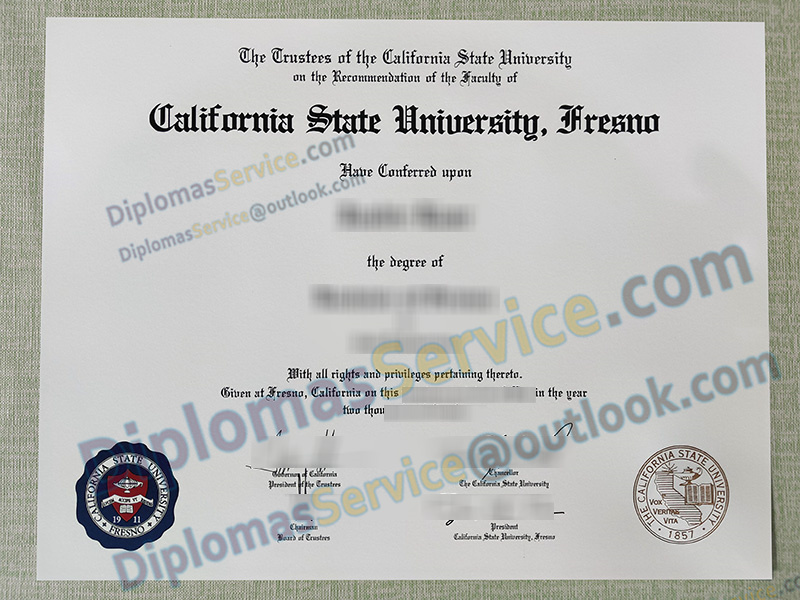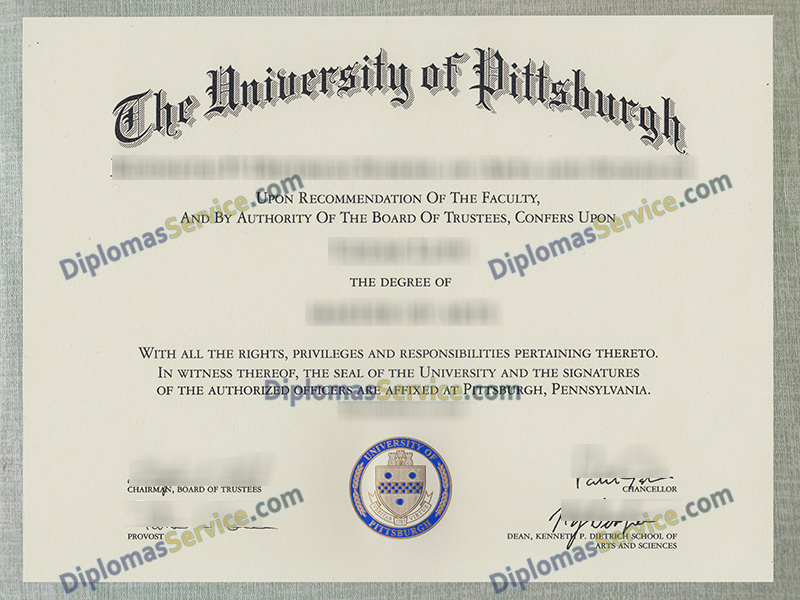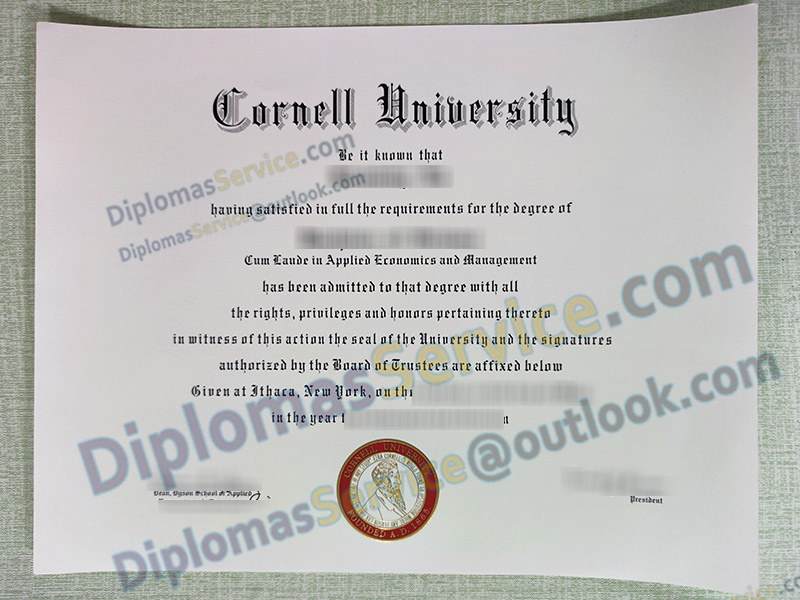
Founded in 1865 by Ezra Cornell and Andrew Dickson White, Cornell University stands as one of the world’s pre-eminent research institutions, buy Cornell University diploma. Located in the scenic Finger Lakes region of Ithaca, New York, the university’s distinctive blend of rigorous scholarship, interdisciplinary collaboration, and public‑service commitment has earned it a reputation for excellence across the arts, sciences, engineering, agriculture, business, and the humanities.
A Tradition of Academic Excellence
Cornell’s eight colleges and schools—including the College of Arts & Sciences, College of Engineering, College of Agriculture and Life Sciences, School of Hotel Administration, and the Ivy League‑ranked Cornell Law School—offer more than 4,000 courses taught by over 2,500 faculty members. Faculty are distinguished leaders in their fields, holding Nobel Prizes, Pulitzer Prizes, and National Medals of Science. The university’s flexible curriculum empowers students to design personalized pathways of study, encouraging double majors, interdisciplinary majors such as the interdisciplinary Bachelor of Arts in Food Science, and a robust system of undergraduate research opportunities.
Ground‑Breaking Research and Innovation
Cornell consistently ranks among the top research universities in the United States. Annual research expenditures exceed $1 billion, fueling breakthroughs in renewable energy, biotechnology, artificial intelligence, and sustainable agriculture. The university’s research enterprise is anchored by world‑class facilities such as the Cornell Tech campus on Roosevelt Island, the Cornell University Laboratory of Ornithology, and the Cornell Center for Materials Research. Partnerships with industry, government, and non‑profit organizations translate discoveries into real‑world impact, supporting over 200 start‑ups spun out of Cornell each year.
A Vibrant, Inclusive Campus Community
More than 24,000 undergraduate and graduate students represent every U.S. state and over 120 countries. Cornell’s commitment to diversity, equity, and inclusion is reflected in its comprehensive support services, cultural centers, and a wide array of student organizations—from the Cornell University Dance Ensemble to the Sustainable Cornell Initiative. The campus environment promotes intellectual curiosity alongside personal growth, offering mentorship programs, leadership training, and community‑service opportunities that prepare graduates to be responsible global citizens.
Global Reach and Collaboration
Cornell’s influence extends far beyond Ithaca, buy a diploma. The university maintains a network of international campuses and research sites, including Cornell Singapore, Cornell Mexico, and the Cornell‑University of Bologna joint institute. Students can participate in a variety of study‑abroad programs, global internships, and collaborative research projects that foster cross‑cultural understanding and broaden professional horizons.
A Commitment to Public Service
True to Ezra Cornell’s founding principle—“I would found an institution where any person can find instruction in any study”—the university embraces a public‑service ethos. Initiatives such as the Cornell Cooperative Extension, the Cornell Legal Aid Clinic, and the Cornell University College of Veterinary Medicine’s outreach programs demonstrate the university’s dedication to improving the well‑being of local, national, and global communities.












